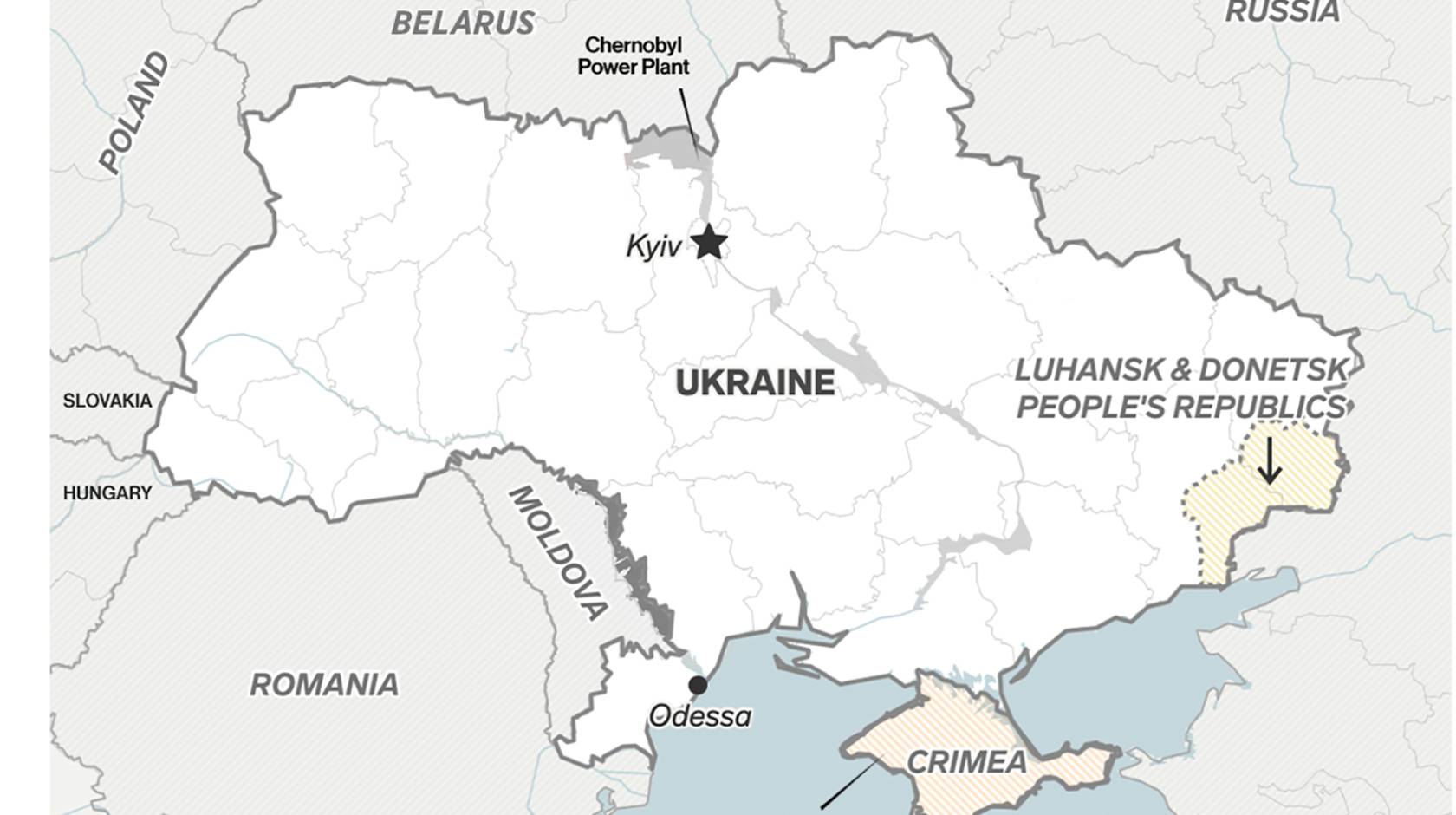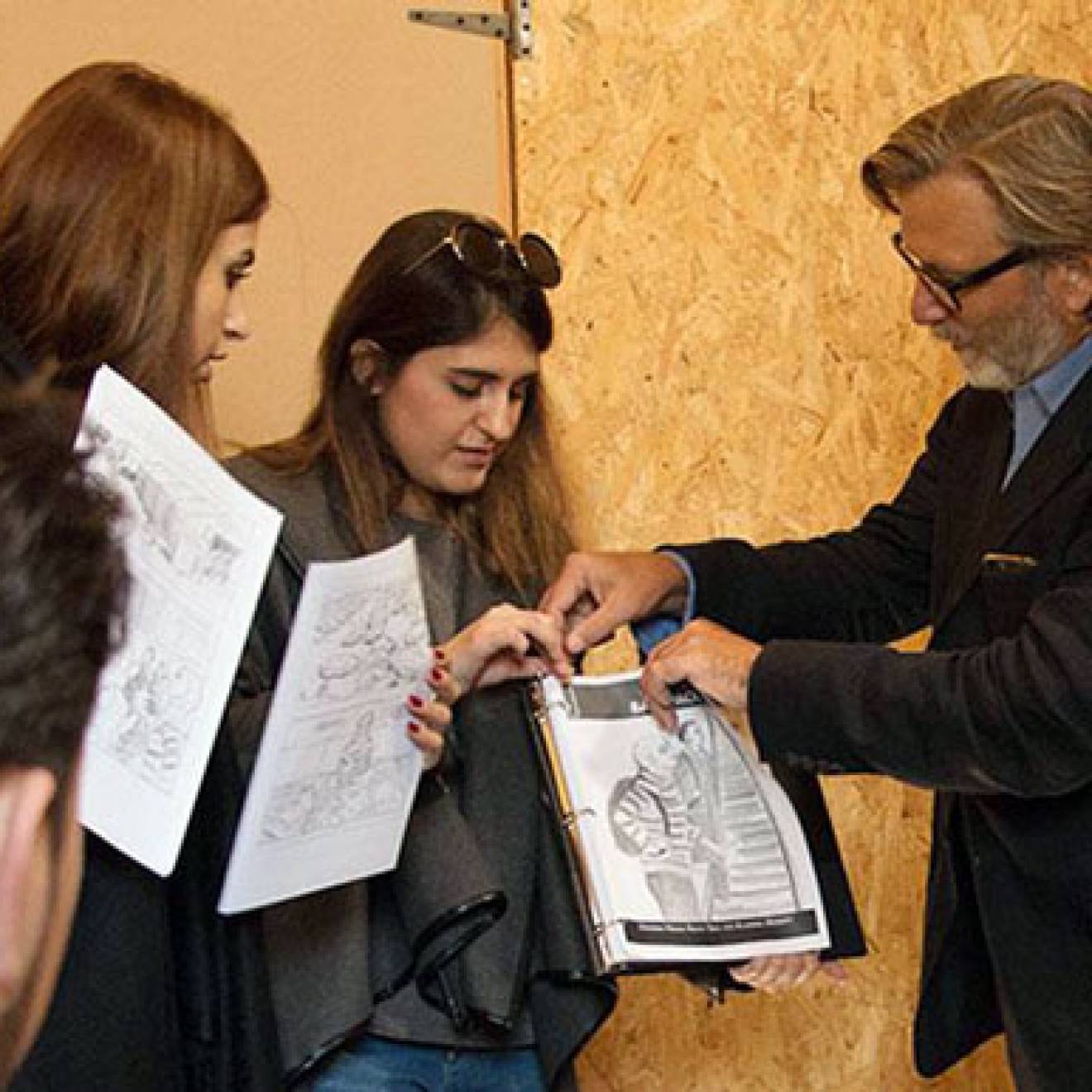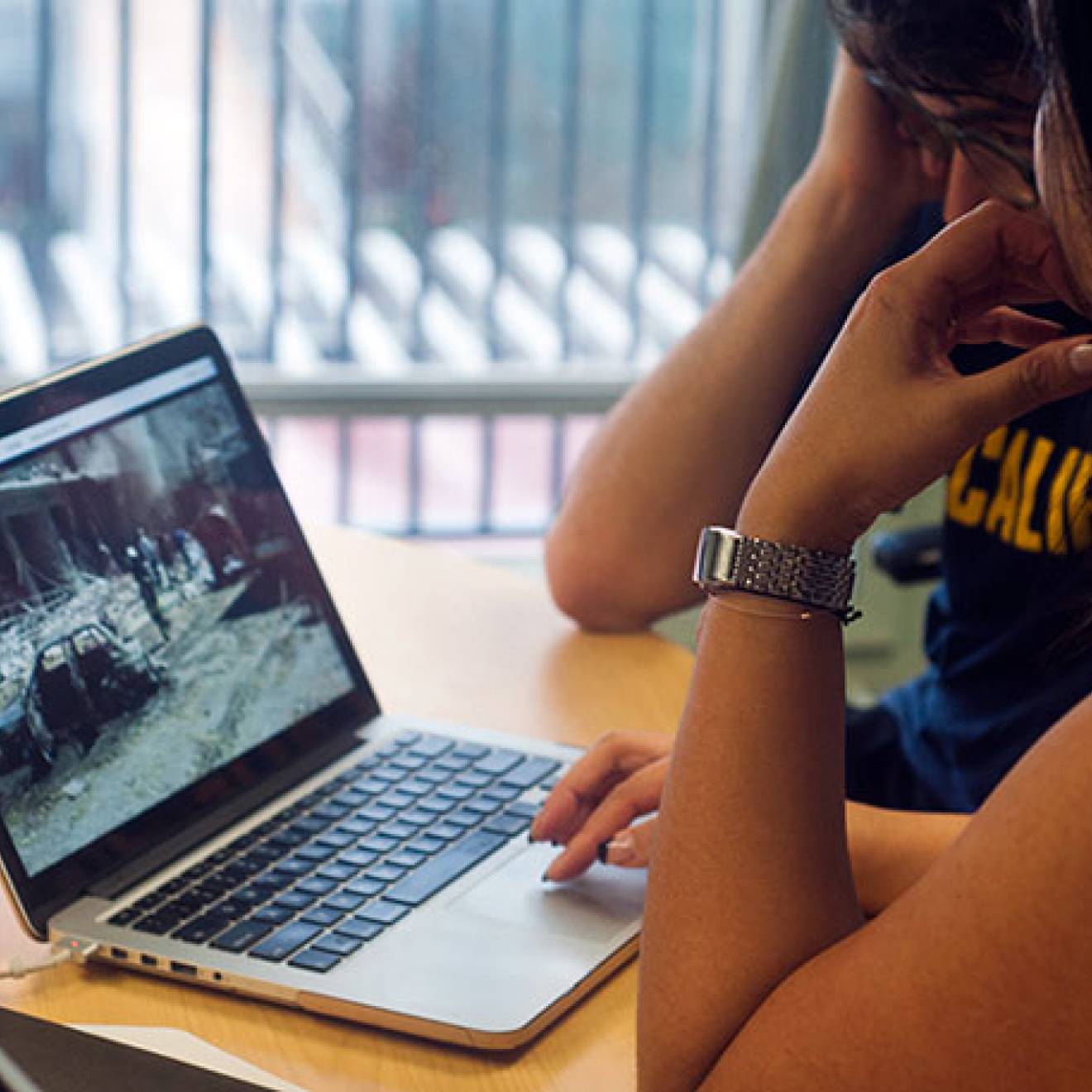Jessica Wolf, UCLA

Late on Wednesday, Feb. 23 Pacific Standard Time, Russian president Vladimir Putin launched what he called a “military operation” in neighboring Ukraine. The country has been a democratic ally of the United States and the European Union since the mid-1990s.
UCLA political science professor Daniel Treisman, who has long been an expert on the region and Putin, shared insights into what is happening in Ukraine. Treisman edited the 2018 book “The New Autocracy: Information, Politics, and Policy in Putin’s Russia,” which was the result of a two-year collaboration between top Russian experts and Western political scholars that explores the complex roles of Russia’s presidency, security services, parliament, media and other actors.
Does the Russian military deployment of Feb. 23 really just mean a full-scale invasion of Ukraine?
Yes. Russian troops have attacked from the north, east and south. Multiple airfields, military bases and ports are being hit by missiles. There has been fighting in cities. Putin has announced the goal of “demilitarization and de-Nazification” of Ukraine — a chilling statement. This is a full-scale invasion. That does not mean that the goal is to occupy Ukraine for long. It may be to replace the government, arrest or kill members of Ukrainian President Volodymyr Zelensky’s regime, and then withdraw to the Luhansk and Donetsk regions. At this point, we do not know.
Why are the areas of Luhansk and Donetsk so important to Putin/Russia?
Luhansk and Donetsk, which are along Ukraine’s eastern border with Russia, are special to Putin because a large proportion of their populations is ethnically Russian and Russian-speaking. He repeatedly claims — and may well believe — that Russian speakers there faced discrimination and worse under the Ukrainian government before the 2014 Russia-backed separatist rebellion. The two regions were industrial centers in the Soviet period, with major coal mines and metallurgy plants. However, these have not done so well in recent decades — think of them as part of the post-communist rust belt — and the economies have collapsed since the war. It’s hard to see any economic benefit to Russia from occupying the territories. On the contrary, they will require major subsidies from the Russian budget, like Crimea.
Does the general public in Russia really know what is happening in Ukraine?
Opponents of Putin and consumers of the independent media (TV Rain, Ekho Moskvy Radio) are getting reliable information. But those who rely on official media including state TV are being told that the Russian intervention is to defend Russians in Ukraine’s east from “genocide.” Putin has warned them not to believe Western media reports and state TV has shown footage of Colin Powell at the UN justifying the U.S. invasion of Iraq with claims of weapons of mass destruction.
What is the basis of his claims of genocide in these areas?
I am not aware of any evidence of genocide in these areas. Chancellor Olaf Scholz of Germany has called the Russian claims of genocide “ridiculous.”
Putin seemed to suggest that he is willing to risk all-out nuclear war if Ukraine’s allies retaliate. Does this track with what you’ve learned/observed about him over the years? And how concerned should Americans be with the threat of a global thermonuclear war at this point?
Putin reminded viewers that Russia is “one of the most powerful nuclear powers in the world” and said that any direct attack on Russian territory would be met with an immediate, devastating response. One can understand that as a nuclear threat. It is not, in itself, surprising. Any nuclear power would consider escalating to nuclear threats or use in response to a major attack on its territory.
If Ukraine falls to Russia completely, what kind of overarching impact would that have on Europe and the United States?
This would lead to a very dangerous and, at least at first, unstable version of Cold War. It would revitalize NATO and lead to a buildup of forces at NATO’s borders. The world economy would be significantly disrupted.
Can sanctions work as a deterrent at this point?
We don’t know. It depends what Putin’s true aims are. At the least, serious sanctions signal to other potentially revisionist states that there is a cost to invading neighbors.
Read more in this CNN opinion piece by Treisman.

